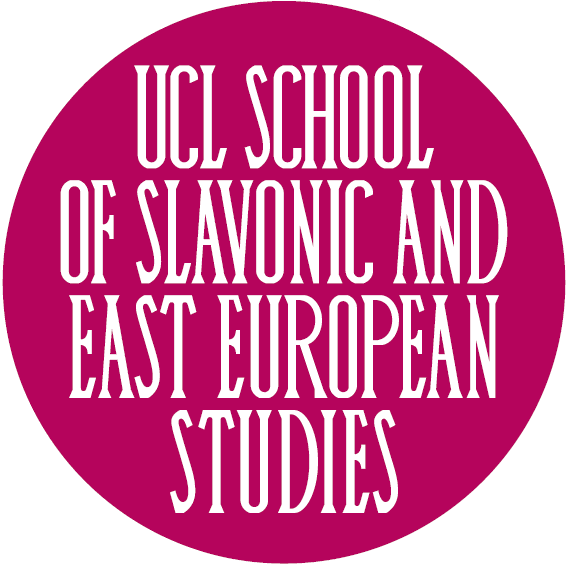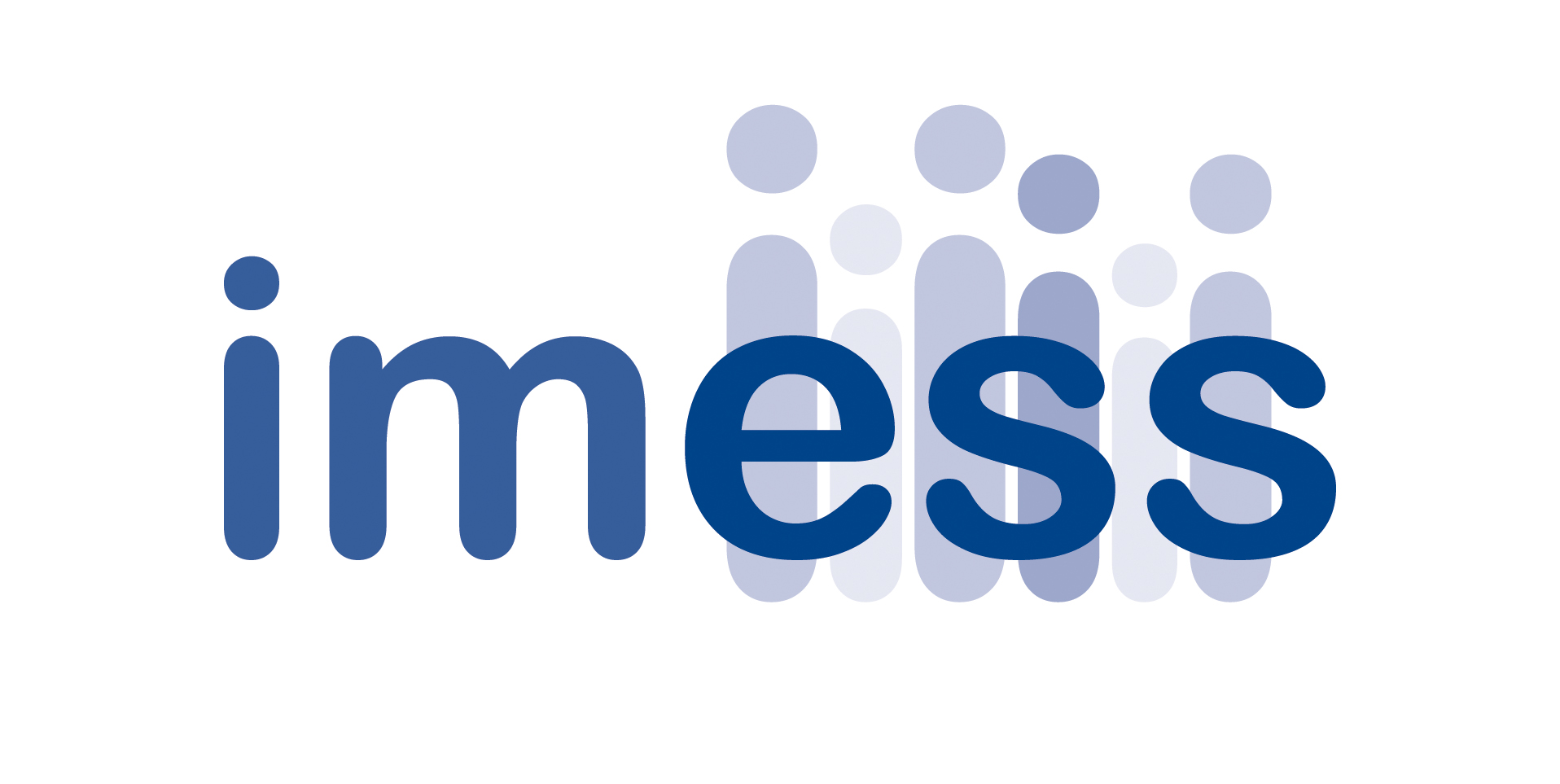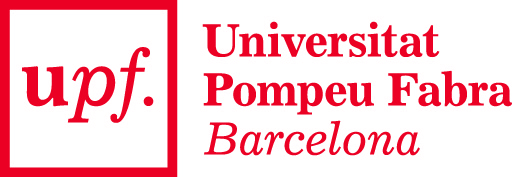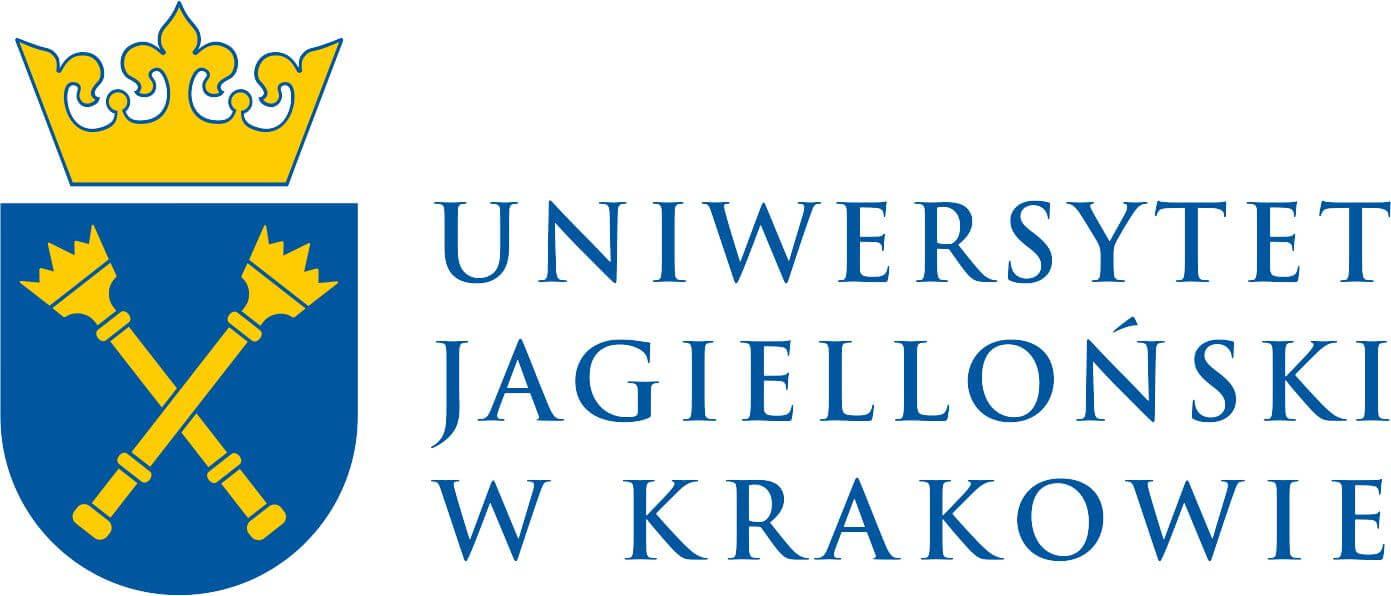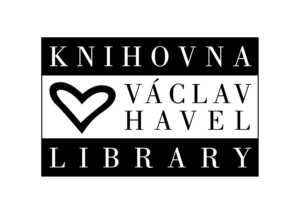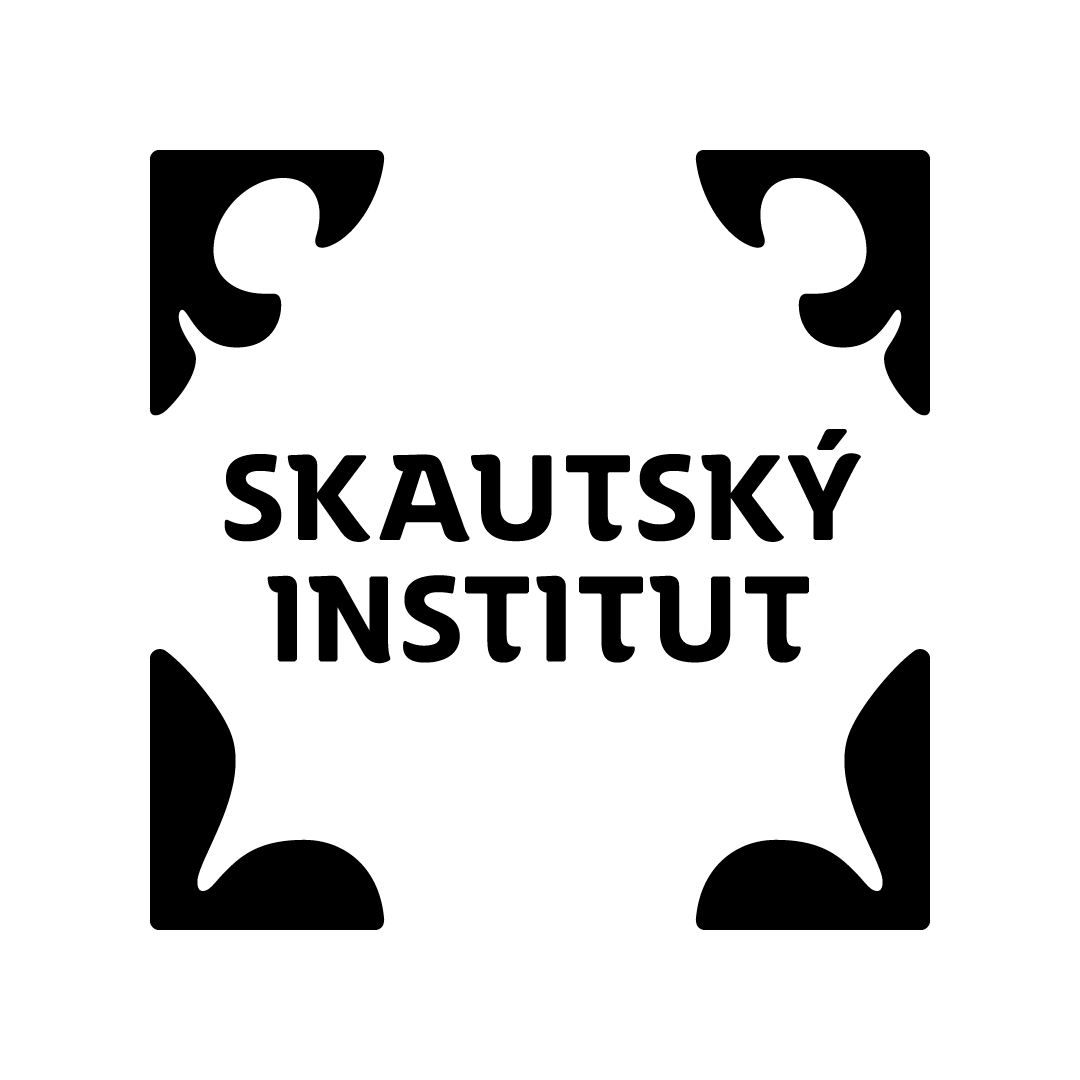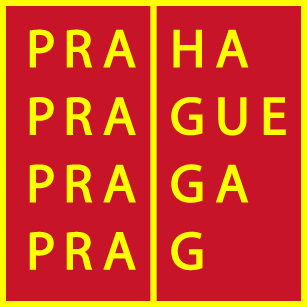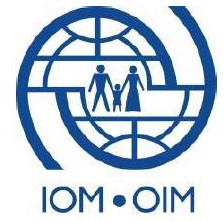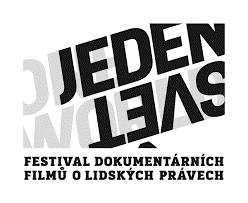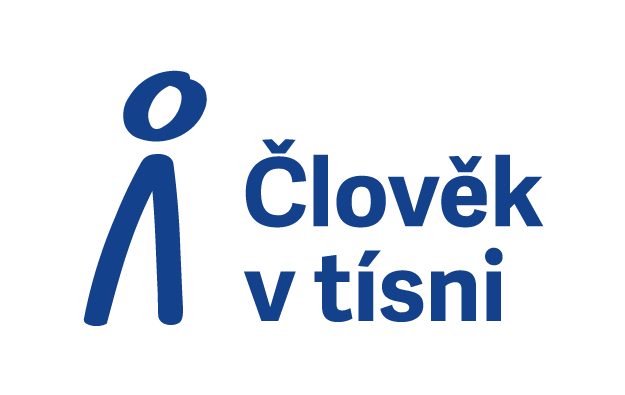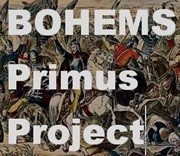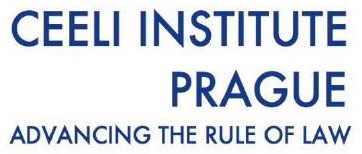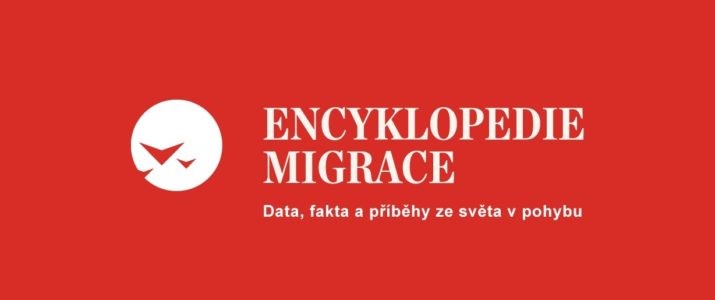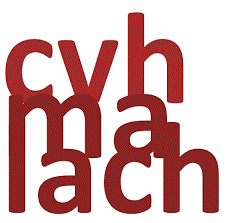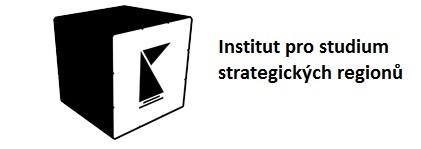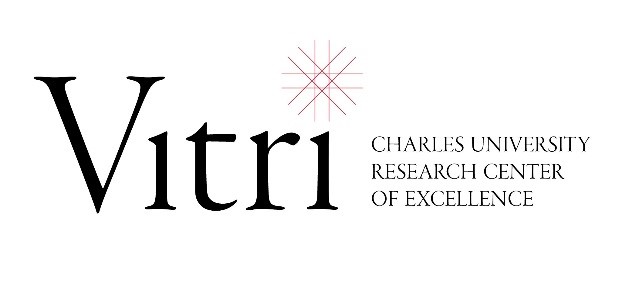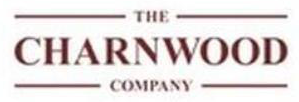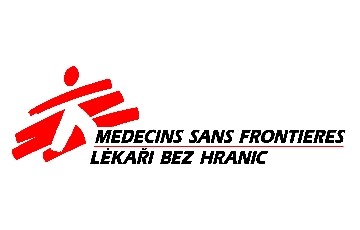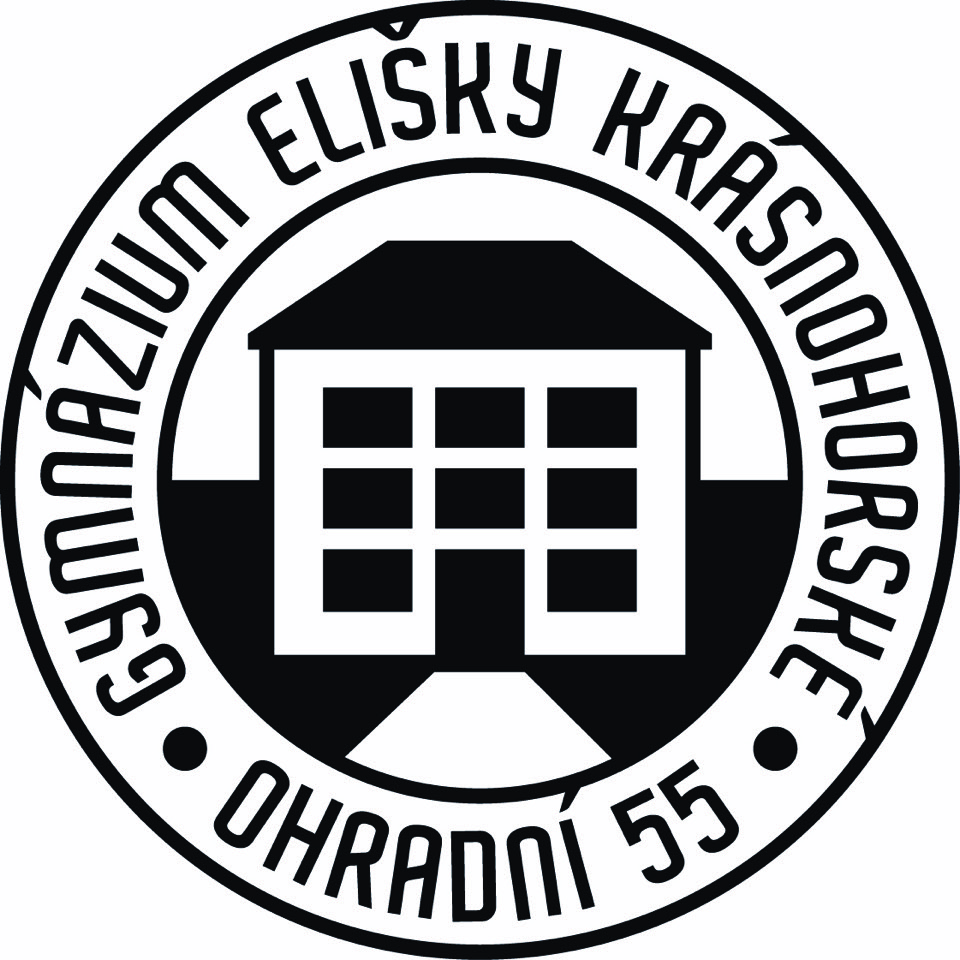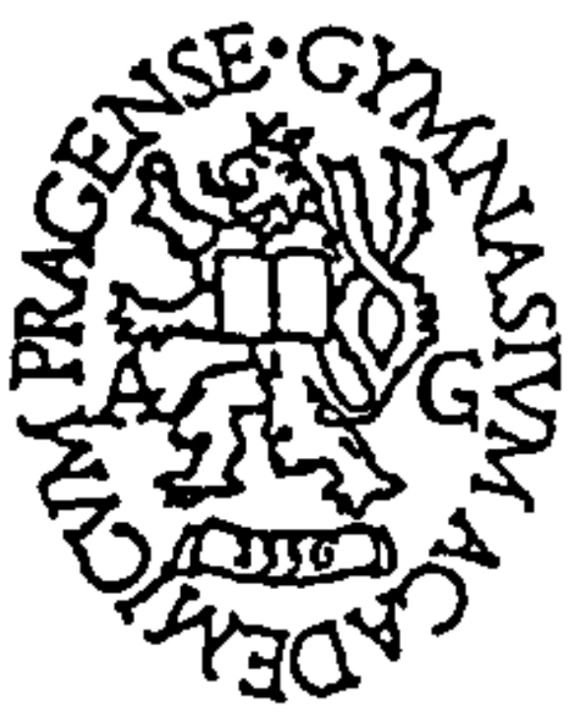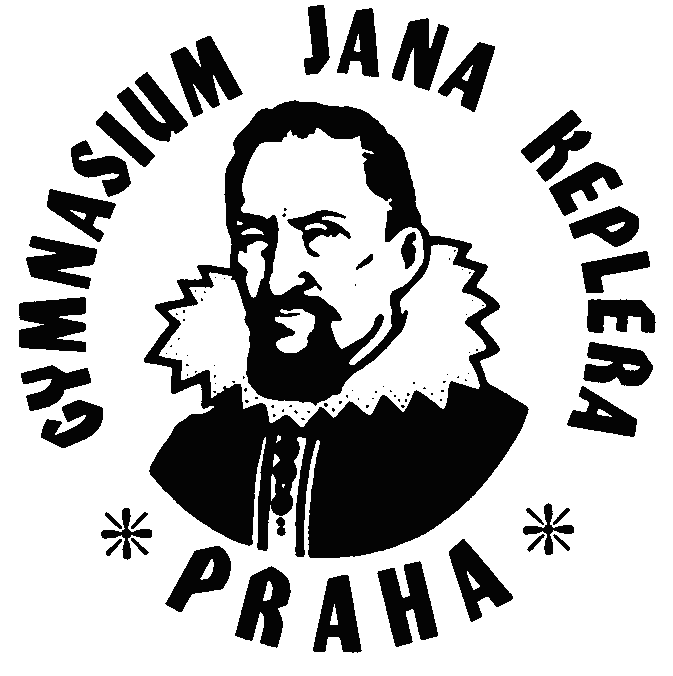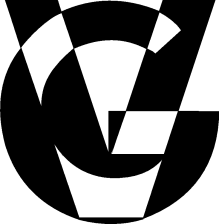Courses
Courses
To accomplish MAS, students must obtain 120 ECTS credits and pass a state exam. The curriculum consists of seven compulsory courses (60 ECTS credits in total), languages (12 ECTS credits), elective courses (at least 36 ECTS credits in total), and optional courses (up to 12 ECTS credits).
Please check the complete list of courses for this study programme in the course book Karolinka. The Karolinka course list is binding and is usually the most up-to-date version as well. Pay attention to the prerequisite links between individual courses.
Students have the opportunity to compile their own curriculum that reflects their personal interests and future career plans. They may either build an individualised thematic and territorial profile or choose one of the following optional study tracks: Israel and the Middle East, The US and Global Affairs, or Transition and Integration in Europe.
The study track, which students may choose by the end of the first semester, requires a minimum of 30 ECTS credits obtained from elective courses designated for the specific study track. Besides, students must submit a master’s thesis that falls within the scope of the chosen study track.
The state exam comprises a defence of the master’s thesis and an academic debate on a selected topic from within the specialisation created throughout the studies (beyond the thesis focus).
Course structure
|
Compulsory courses |
60 ECTS |
|
Languages |
12 ECTS |
|
Electives (tracks) |
min. 36 ECTS |
|
Optional courses |
max. 12 ECTS |
|
Total |
120 ECTS |
Compulsory Courses
Compulsory core courses introduce students to key concepts in area studies, qualitative and quantitative methods in the social sciences, as well as academic writing. The core courses are intended to provide students with a conceptual toolbox and analytical skills, thus giving a solid foundation for further studies in specialised elective courses.
|
Name of Course |
Semester |
Examination |
Credits |
|
Academic Writing |
SS |
Exam |
6 |
|
Introduction to Research Design |
WS |
Exam |
6 |
|
Quantitative Methods in Social Sciences |
SS |
Exam |
6 |
|
Area Studies: Theory and Methodology |
WS |
Exam |
6 |
|
Comparative and Conceptual History |
WS |
Exam |
6 |
|
MA Thesis Seminar I |
WS/SS |
Pass |
15 |
|
MA Thesis Seminar II |
WS/SS |
Exam |
15 |
Languages
Language courses constitute an integral part of MAS. Students are expected to master a language that will allow them to analyse and understand the development of their region of interest at a basic level at least. Students may choose from a range of language courses offered at Charles University. Alternatively, students may find a course externally if the language is not available at the university. The choice of the course is, however, subject to approval of the programme director.
In total, the language courses must give at least 12 ECTS credits.
|
Name of Course |
Semester |
Examination |
Credits |
|
Czech as a Foreign Language I |
WS/SS |
Exam |
6 |
|
Czech as a Foreign Language II |
WS/SS |
Exam |
6 |
|
Czech as a Foreign Language III |
WS/SS |
Exam |
6 |
|
Czech as a Foreign Language IV |
WS/SS |
Exam |
6 |
|
Russian Language I |
WS |
Exam |
6 |
|
Russian Language II |
SS |
Exam |
6 |
|
Russian Language III |
WS |
Exam |
6 |
|
Russian Language IV |
SS |
Exam |
6 |
|
Polish I |
WS |
Pass |
3 |
|
Polish II |
SS |
Pass |
3 |
|
Polish III |
WS |
Pass |
3 |
|
Polish IV |
SS |
Pass |
3 |
|
Greek Language I |
WS |
Pass |
3 |
|
Greek Language II |
WS/SS |
Pass |
3 |
|
Greek Language III |
WS |
Exam |
3 |
| Greek Language IV | SS | Exam | 3 |
|
Foreign Language I* |
WS/SS |
Pass |
3 |
|
Foreign Language II* |
WS/SS |
Pass |
3 |
|
Foreign Language III* |
WS/SS |
Pass |
3 |
|
Foreign Language IV* |
WS/SS |
Pass |
3 |
* Students who find the language course externally must discuss the choice with the programme director. The programme director will then specify the course completion requirements.
Electives
Elective courses cover a wide range of specific areas and issues which allows the students to specialize in the field of their interest. Students may choose from all courses taught at the Institute of International Studies.
In total, the elective courses must give at least 36 ECTS credits.
Please find the complete offer of more than 130 elective courses for this study programme here.
Apart from building an individual thematic and territorial profile, students can follow one of the study tracks offered. The study track requires a minimum of 30 ECTS credits, obtained from elective courses designated for the specific study track. Besides, students must submit a master’s thesis that falls within the scope of the chosen study track. Upon completing the study track, in addition to the diploma, students receive a Certificate of Completion of the Study Track.
The US and Global Affairs study track
This track introduces students to the skills essential for analysing US foreign policy, its structural underpinnings, and their impact across the globe and in various policy fields.
Below, you can see just a sample of courses for this study track. Please find the complete list here.
|
Name of Course |
Semester |
Examination |
Credits |
|
Government in the United States |
WS |
Exam |
6 |
|
Major Problems of Political Economy in North American Context |
SS |
Exam |
6 |
|
U.S. Legal Culture |
SS |
Exam |
6 |
|
Migration in North American Context |
WS |
Exam |
6 |
|
U.S. Foreign Policy |
WS |
Exam |
6 |
|
U.S. Military Power |
WS |
Exam |
6 |
|
The Transatlantic Link: Understanding America from Europe |
SS |
Exam |
6 |
|
Critical Issues in U.S. - Chinese Relations |
SS |
Exam |
6 |
|
U.S. and the Global South |
WS |
Exam |
6 |
|
Geopolitics of the Climate Crisis |
SS |
Exam |
6 |
Transition and Integration in Europe study track
This track focuses on the study of the latest developments in post-Communist European countries, particularly with respect to their transition from communist society and integration into Euro-Atlantic structures.
Below, you can see just a sample of courses for this study track. Please find the complete list here.
|
Name of Course |
Semester |
Examination |
Credits |
|
Postcommunist transition in East Central Europe |
SS |
Exam |
6 |
|
Political Systems of East Central European Countries |
SS |
Exam |
6 |
|
European Culture and Society |
WS |
Exam |
6 |
|
Grand Debates of European Integration |
SS |
Exam |
6 |
|
Internal and External Security Policy in the EU |
WS |
Exam |
6 |
|
EU Institutions |
SS |
Exam |
6 |
|
European Economic Integration |
SS |
Exam |
6 |
|
Cohesion Policy of the EU in Central and East European Countries |
WS |
Exam |
6 |
|
Problems of the post-Soviet Space |
WS |
Exam |
6 |
|
Post-Conflict Societies of the Western Balkans |
WS |
Exam |
6 |
Israel and the Middle East study track
The track helps students understand the politics and societies in Israel and the Middle East, with a focus on the pressing conflicts and disputes in the region.
Please find the most current list of courses for this study track here.
|
Name of Course |
Semester |
Examination |
Credits |
|
Israel: Politics and Society |
WS |
Exam |
6 |
|
The Israeli-Arab/Palestinian Conflict |
WS |
Exam |
6 |
|
Israel’s Foreign Policy |
SS |
Exam |
6 |
|
Foreign Policy of the Gulf Countries |
WS |
Exam |
6 |
|
Geopolitics of the Middle East |
SS |
Exam |
4 |
|
Radicalization and Deradicalization |
SS |
Exam |
6 |
|
Insurgency and Counterinsurgency |
SS |
Exam |
6 |
|
Territoriality of Radical Islamist Groups |
WS |
Pass |
4 |
|
Energy Security in Israel and the Middle East |
WS |
Exam |
4 |
|
The European origins of Zionist ideologies and their evolution: from East Europe to Israel |
SS |
Exam |
6 |
Optional Courses
Off-field optional courses can be taken at any department of Charles University. Students may take a maximum 12 ECTS credits of optional course. These credits can also be used to follow elective courses or languages. There is no minimum number of credits required to be taken in this category of course (i.e., all 120 credits can be gained by taking only compulsory and elective courses from the lists above).


